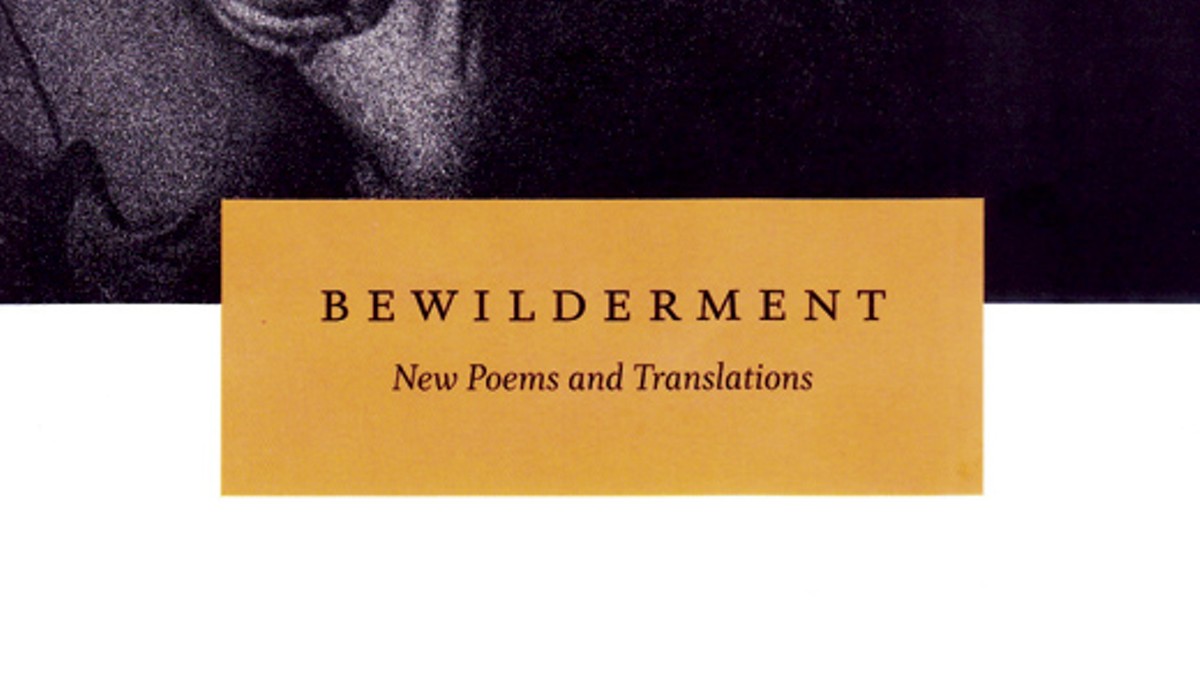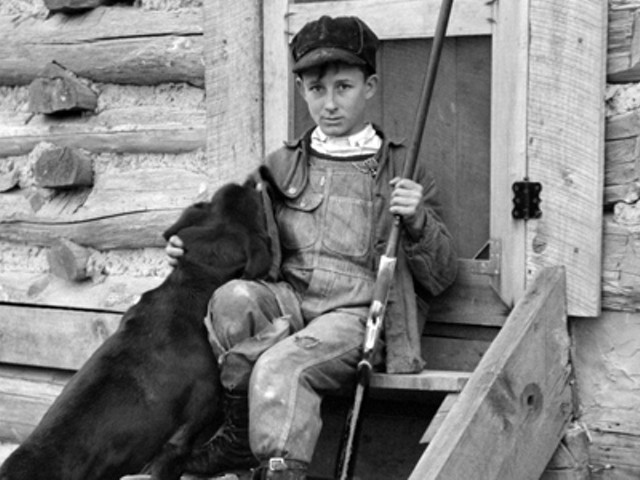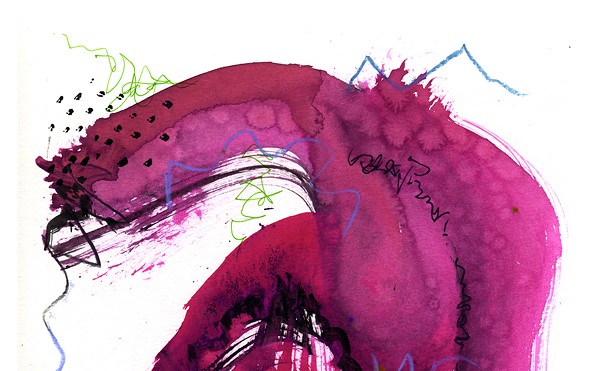‘Bewilderment: New Poems and Translations’
By David Ferry. The University of Chicago Press; 115 pgs., $18.
David Ferry, longtime professor at Wellesley College and current lecturer at Boston University, almost certainly made literary history this past November by winning the National Book Award in Poetry for his astonishing “Bewilderment” at the age of 88. The year before, he won the prestigious Ruth Lilly Poetry Award for Lifetime Achievement, a prize of $100,000 given by The Poetry Foundation. As The New York Times perhaps erroneously pointed out, “Who says poetry doesn’t pay?”
But then, what must one do to win such recognition? The obvious answer: Write a book like “Bewilderment,” which showcases not only Ferry’s mastery of the lyric poem but also his translations of poets as diverse as Catullus and Cavafy, Martial and Montale. But one doesn’t simply sit down to write such a masterpiece, surely among the best books of the new century. In the case of Ferry, it came at great cost; the book is dedicated to his wife Anne, whose death left him clearly shaken and doubting, but with something, undoubtedly, to say.
At first glance, a book that veers between contemporary poems and ancient odes might seem disparate, but this is not the case. In fact, this book reaches out to nearly everyone in that Ferry simply shows how poetry — even that of thousands of years old — remains vital not only to us, but to a man nearly a centurion. Poetry, for Ferry, speaks to grief no matter the age, both of the individual and of history.
The poems span classic themes: loss, death, poverty and the impermanence of everything, including poetry. Only someone wrestling with such ideas could have the courage to lay the truth bare, and this via a translation of Rilke:
My soul keeps trying, trying
To straighten my body up.
It hangs on my skeleton, frantic,
Flapping its terrified wings (“At the Street Corner”).
“Bewilderment” is tied together as if by numerous threads, images repeating and resonating with each other so that the myths of the past are amplified by the sufferer of the present. The first poem, “Narcissus,” recalls the tale of the youth who fell in love with his reflection in a pond, but that pond is made cold: “the snow drifted across it and settled down / So at last you couldn’t tell that there was a pond.” Then, toward the end, there is the poem “Lake Water,” which returns us to the image of one staring into the water:
When, moments after she died, I looked into her face
It was as untelling as something natural,
A lake, say, the surface of it unreadable,
Its sources of meaning unfindable anymore.
This is a poetry that confronts us with our own inability to understand what we all must surely face, at one point or another. It is unsparing in its gaze, unrelenting in its address to the dead, and beautifully rendered start to finish.






